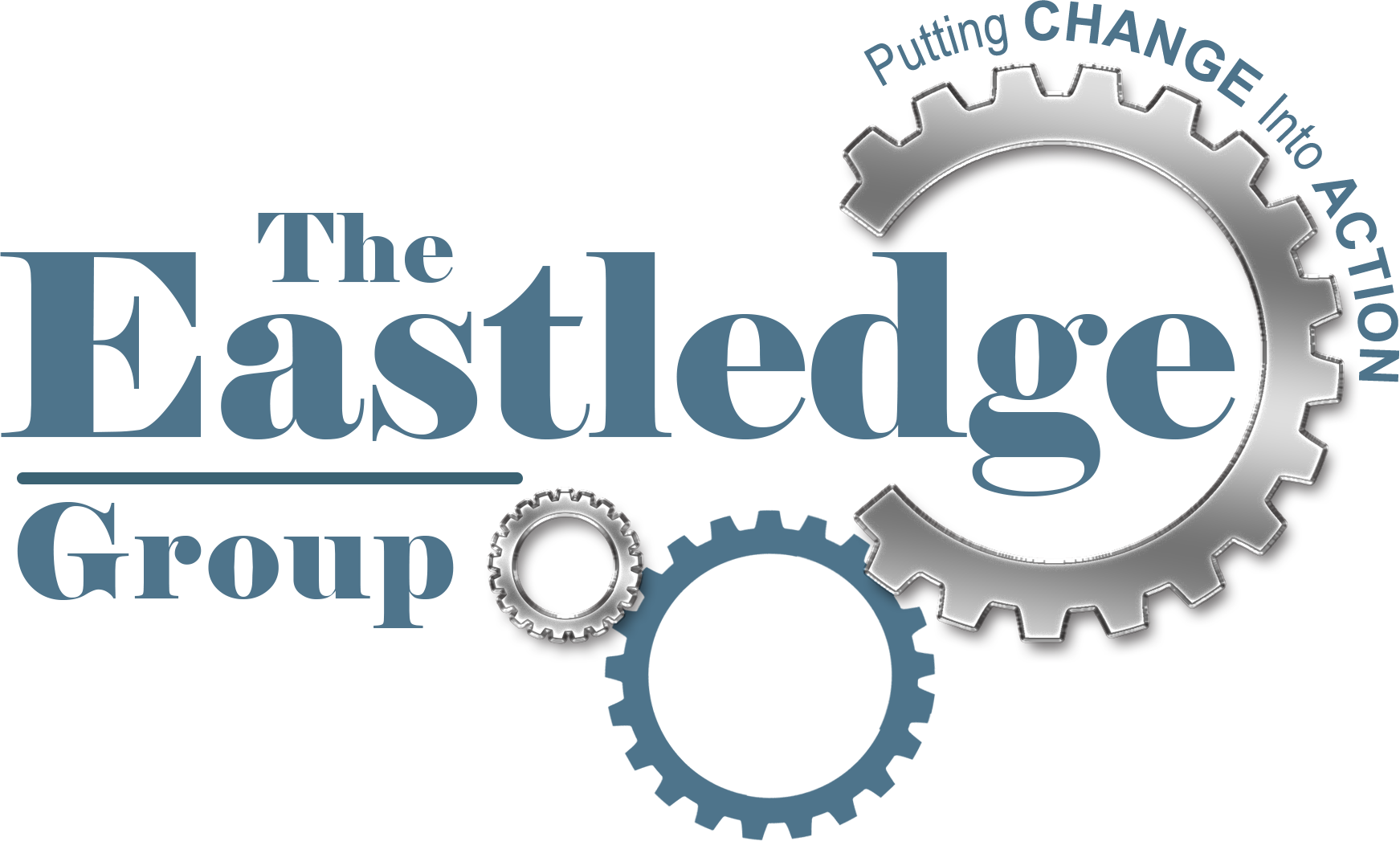Work in the Time of Coronavirus: The Challenges of Returning to Work During a Pandemic
Despite fervent criticism and dire predictions regarding the continued spread of COVID-19, several states have announced plans to partially or fully reopen, including Georgia, Texas, Colorado, and Maine. Furloughed workers and employees who shifted work to their homes now face another transition as they decide whether to return to the office or continue sheltering in place. While these staff members will likely occupy the same roles, they may approach their tasks differently due to shifts in mindset, increased responsibilities at home, personal experiences with coronavirus, and other stressors. They will need safe, supportive workspaces and culturally intelligent leaders willing to make adjustments as everyone in the office grapples with the psychosocial impact of working through a global pandemic. Cultural Intelligence or CQ® means having the skills to lead effective in diverse situations.
Here, we discuss a few of the changes returning employees may bring or encounter and how to address them with strategies that support a sense of workplace belonging.
Increased Anxiety
Between our 24-hour news cycle and the barrage of memes, opinions, and information on social media, we are constantly inundated with bulletins and images on COVID-19. Our exposure to limitless depictions of virus-related deaths, overworked first responders, empty city streets, protesting citizens, and other media takes a huge toll on our mental health, often causing feelings of hopelessness and anxiety that impair our ability to concentrate and thus complete routine tasks. In addition to encouraging media fasts and refraining from airing the news in the office, employers should offer resources for managing stress during this time, including options for mental health services and designated times or areas for employee breaks. Depending on the nature of the work to be done, employers may also consider relaxing project deadlines and providing additional guidance on assignments. This is where having CQ® Strategy or the ability to developing plans to meet the diverse needs of your teams comes into play.
Changing Priorities
Dedicated employees who once worked extended hours or accepted extra duties without complaint may now need to devote their extra time to homeschooling their children or ensuring the health and safety of their families. Some may even regret having to return to work at all and will only do so in order to provide for their loved ones. Consequently, employers will have to shift their expectations and evenly delegate projects in order to promote work-life balance for the entire team. Further, as mothers are more likely to experience greater physical and mental workloads than their male counterparts, employers must work to be inclusive of employees who are mothers, recognizing the many roles and challenges working mothers take on without questioning their ability to successfully fulfill their work obligations. Having CQ® Knowledge to ascertain the different priorities of your teams, both at work and at home, will ensure your work environment is as productive as possible.
Difficulty Readjusting to Office Life
Trading pajamas and Zoom conference rooms for tailored suits and cubicles won’t appeal to workers who enjoyed the flexibility and autonomy of working from home. Yet employees may also feel reluctant to join in-person meetings, working lunches, and office potlucks due to fears of contracting COVID-19, especially if they have underlying health conditions. Instead of ignoring or downplaying these concerns, employers should “lean in” and acknowledge these feelings and allow alternative ways to exchange ideas or celebrate events. Continuing to use virtual meeting tools, extending work from home assignments, and giving electronic gift cards for birthdays and other milestones are easy ways to accomplish tasks and build camaraderie without risking anyone’s health. Exercising you CQ® Action by adapting your office norms will go a long way in building the culture in our “new normal.”
As we continue to navigate the ever-changing landscape of life and work during the COVID-19 pandemic, employers and employees alike should strive for adaptability and honest conversations on their perceptions of workplace health, safety, and belonging. Without a willingness to accept and manage the effects of our current situation on our psychological health, workplaces cannot hope to retain its diverse top talent committed to organizational goals—invested workers require and deserve employers prepared to invest in them.
For more information on how to use culturally intelligent skills to lead your workforce in this time of uncertainty, contact us at http://www.theeastledgegroup.com/.
